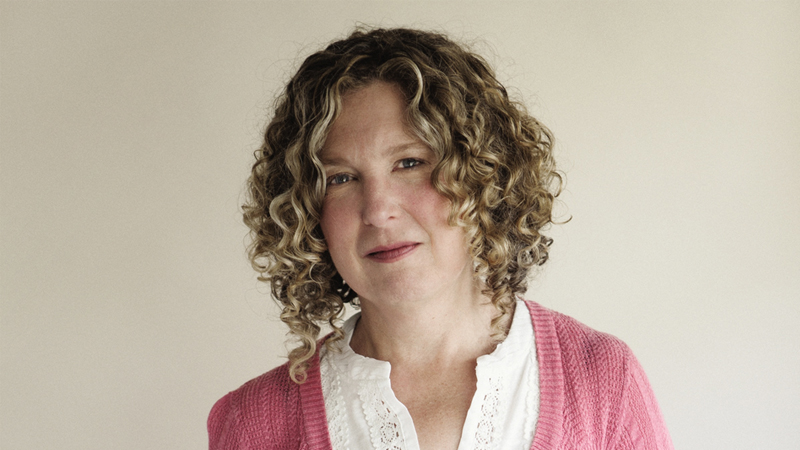Peggy Orenstein is the author of The New York Times best-sellers Girls & Sex, Cinderella Ate My Daughter and Waiting for Daisy as well as Flux: Women on Sex, Work, Kids, Love and Life in a Half-Changed World and the classic SchoolGirls: Young Women, Self-Esteem and the Confidence Gap. Orenstein was one of the SXSW Interactive Keynotes with her panel, Girls and Sex: Navigating from Shame to Joy.
Peggy Orenstein believes that the internet has been a game changer when it comes to sexual education. When a survey of 10,000 was done, 60% of students reported that they went online for their sexual education. The issue with this figure is what they are finding online isn’t accurate. Students reported that their first age of exposure was 11. “They haven’t even had their first kiss yet,” Orenstein said. This survey was conducted while researching for her latest book.
Girls are taught to never explore their bodies, yet experience happiness and enjoy themselves and this creates pressure on their sexual encounters. As soon as girls are born, parents refuse to name all of their body parts and skip over the below the belt region, like a blank space.
 Online you can see how the humiliation of women is eroticized and there is no acknowledging a person of their humility or as a person. Pop culture and pornography leads to such ideas. These ideas skew young girls and these girls carry these ideas with them as they grow older and experience these situations.
Online you can see how the humiliation of women is eroticized and there is no acknowledging a person of their humility or as a person. Pop culture and pornography leads to such ideas. These ideas skew young girls and these girls carry these ideas with them as they grow older and experience these situations.
“Kids are not having intercourse at a younger age, and they’re not having more intercourse than they used to. They are engaging in other forms of sexual behavior, younger and more often. And one of the things that I became really clear on was that we have to broaden our definition of sex, because by ignoring and denying these other forms of sexual behavior that kids are engaging in,” Orenstein states.
Orenstein’s research findings prompted her to re-examine the hook-up culture and the messages that parents are sending their young girls and to teach them acceptance and empowerment from an early age.

